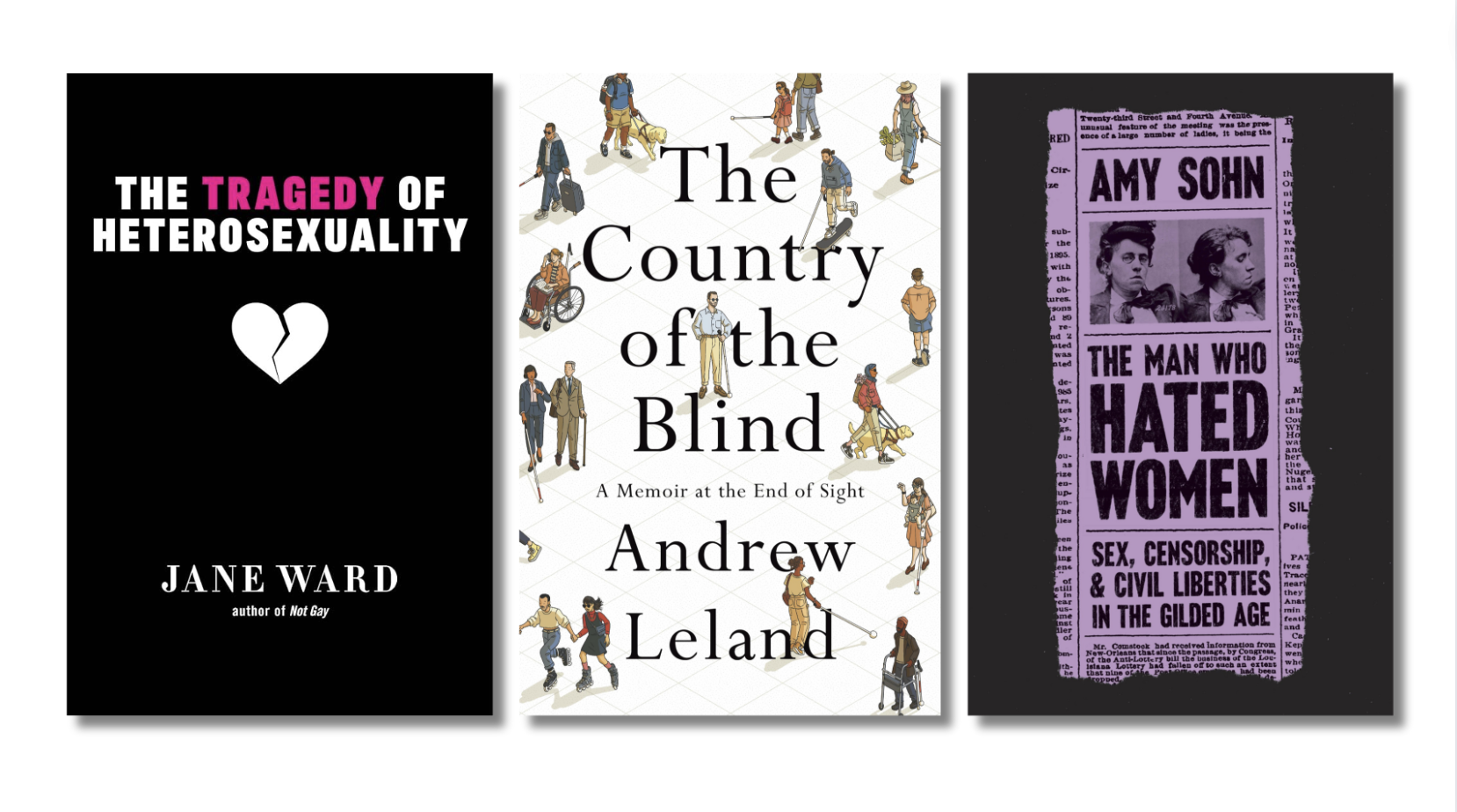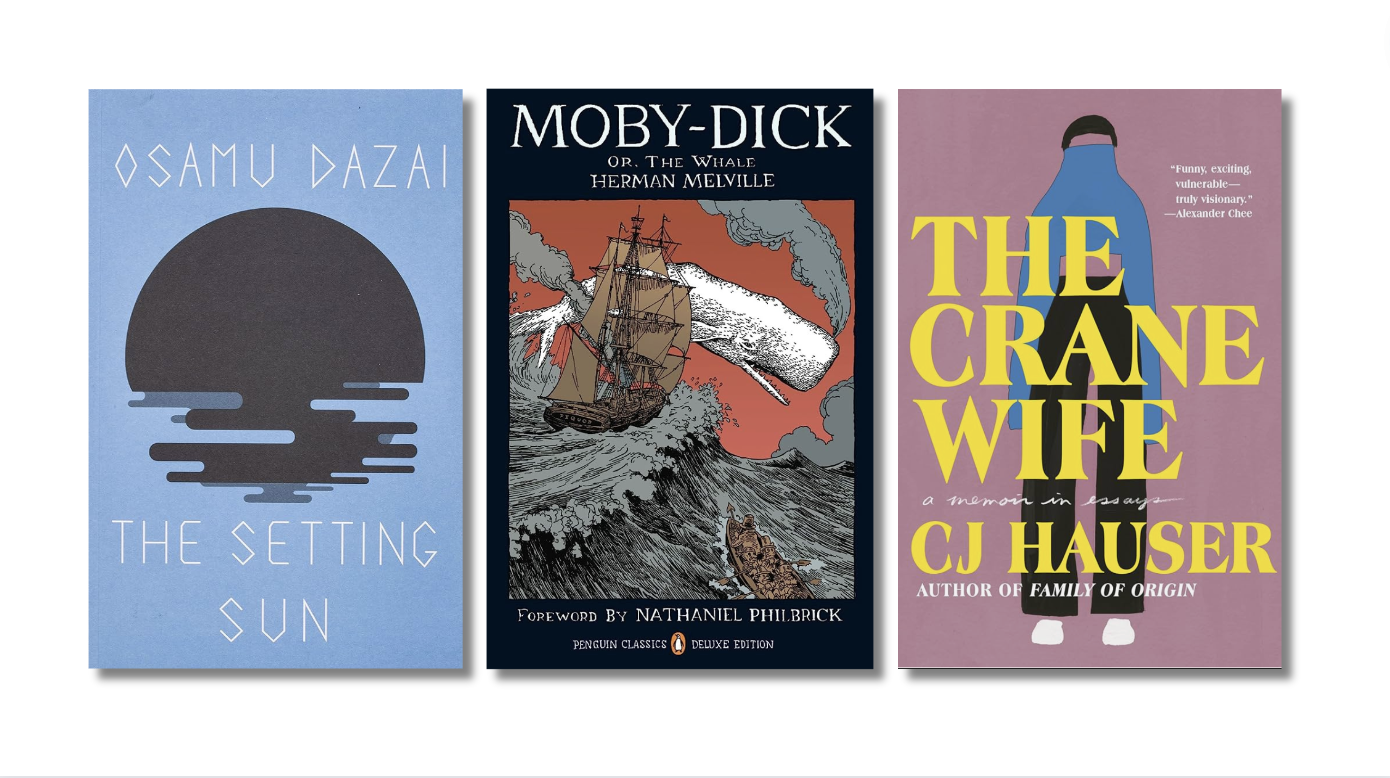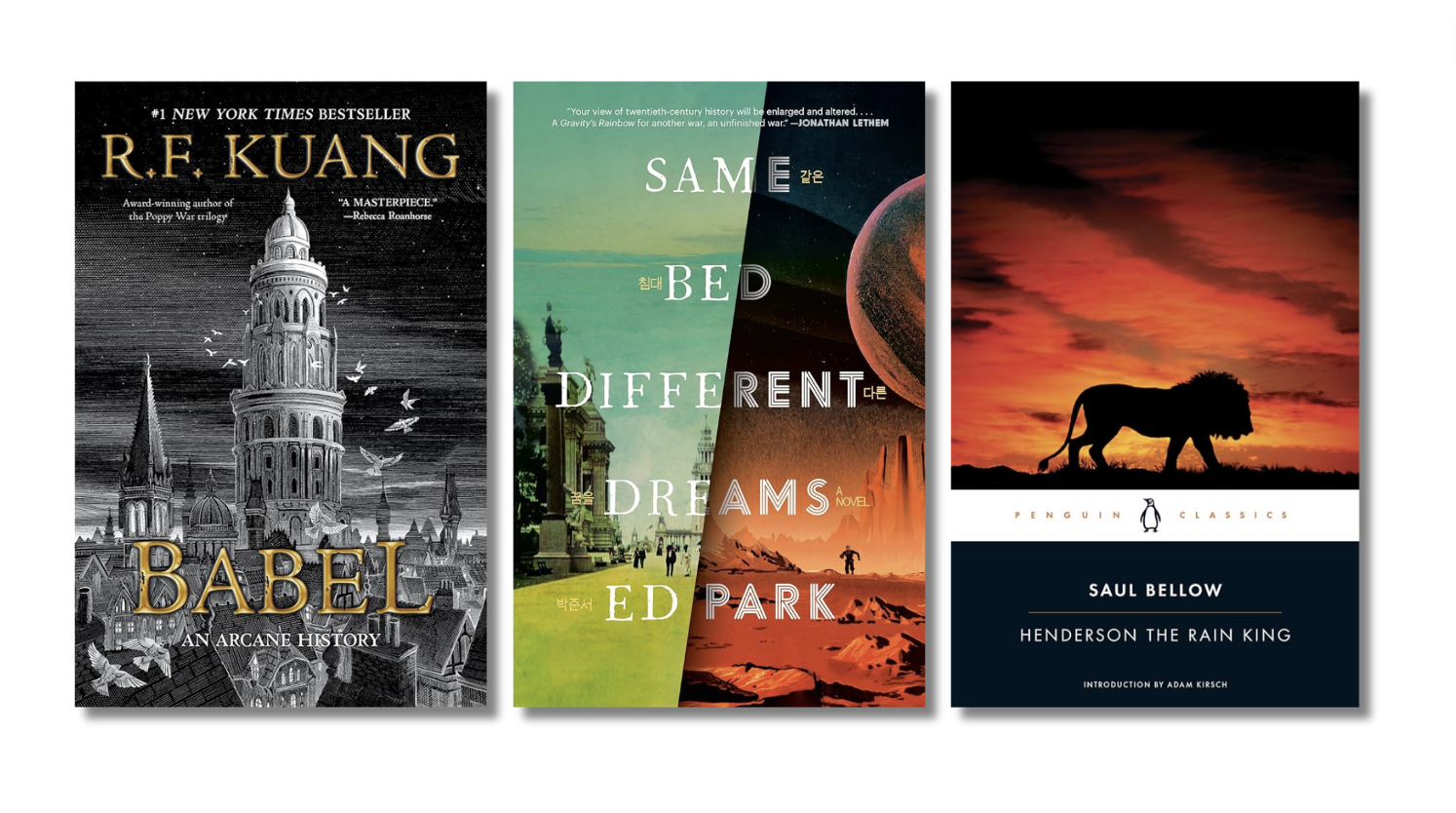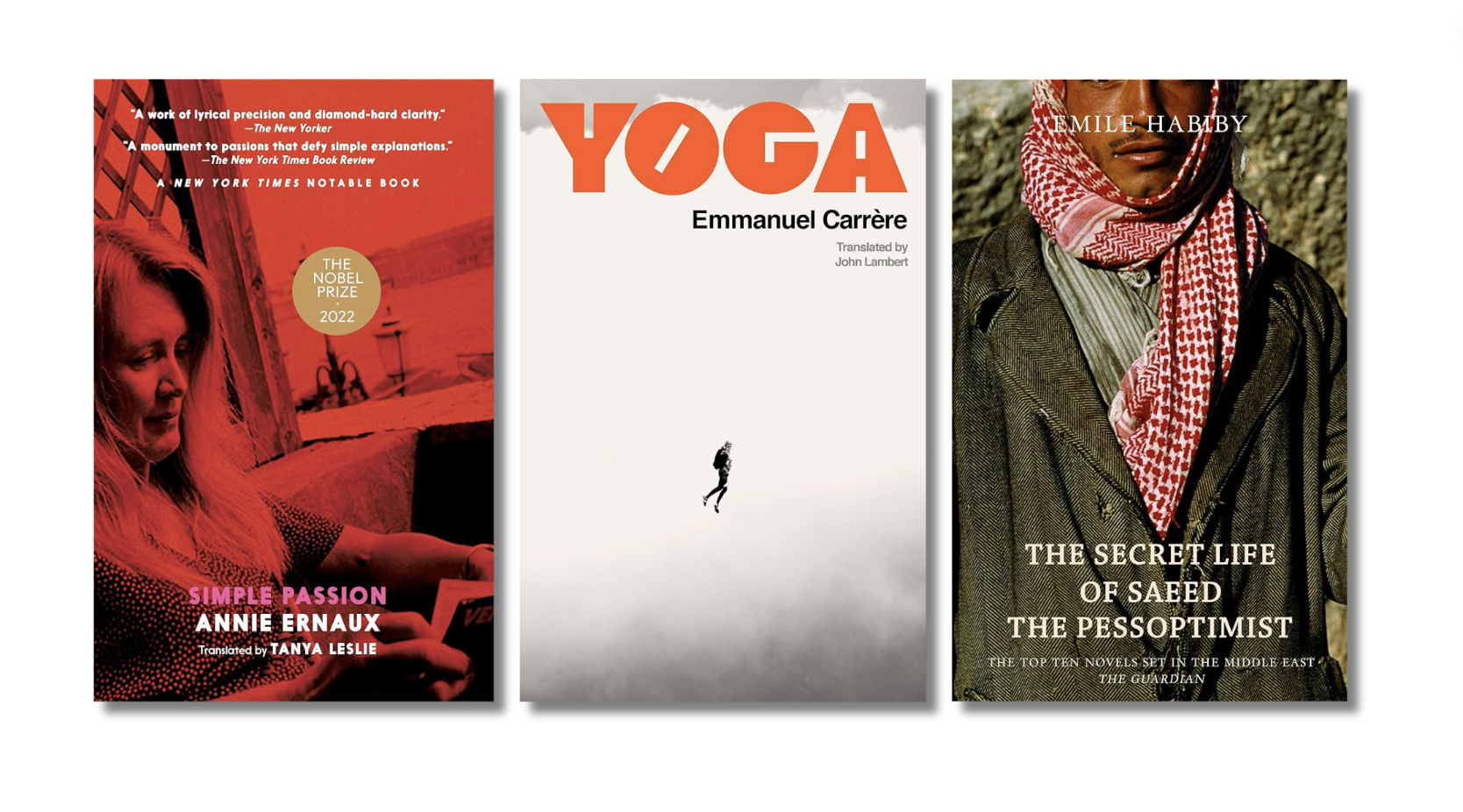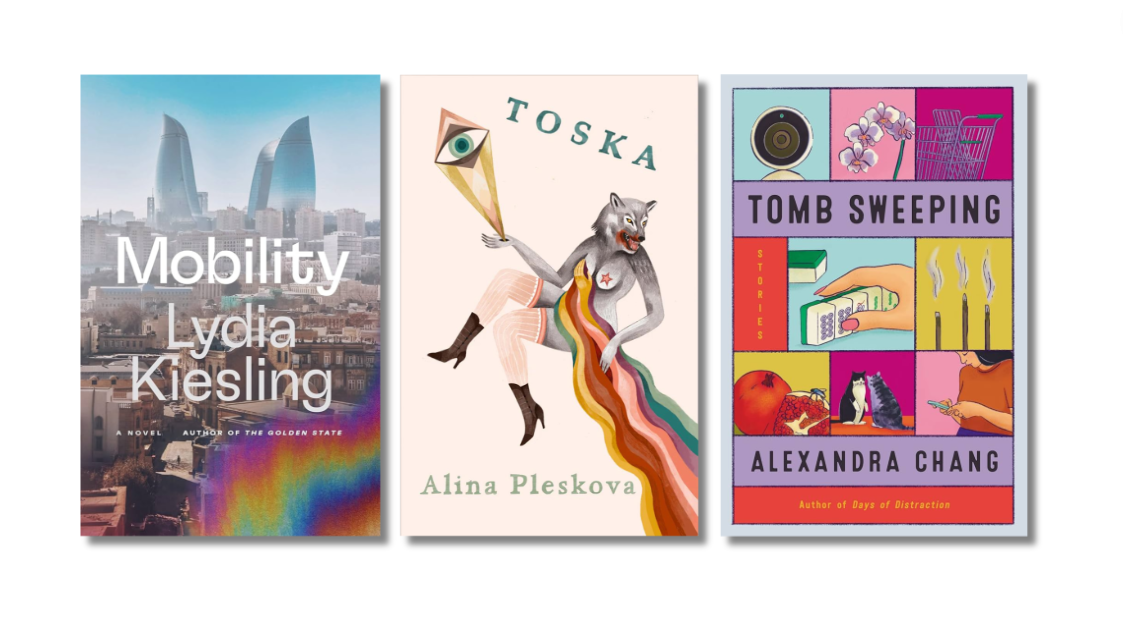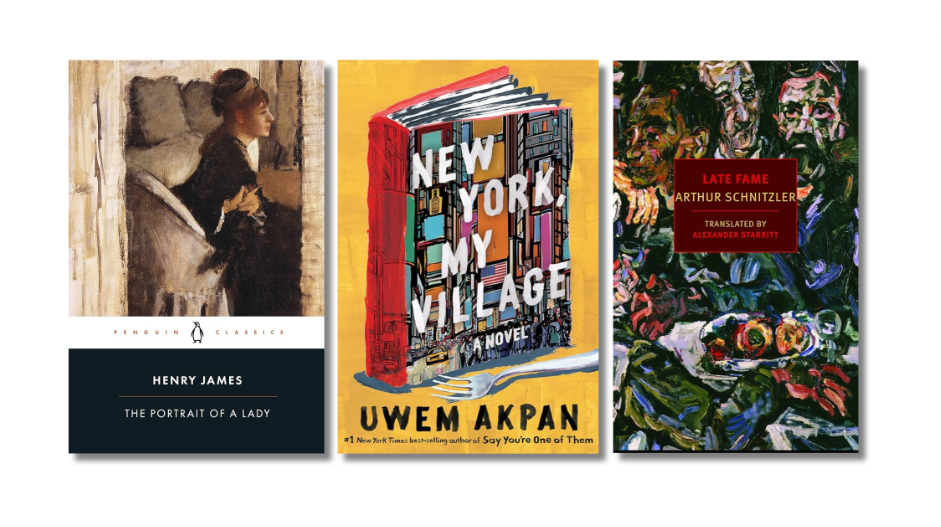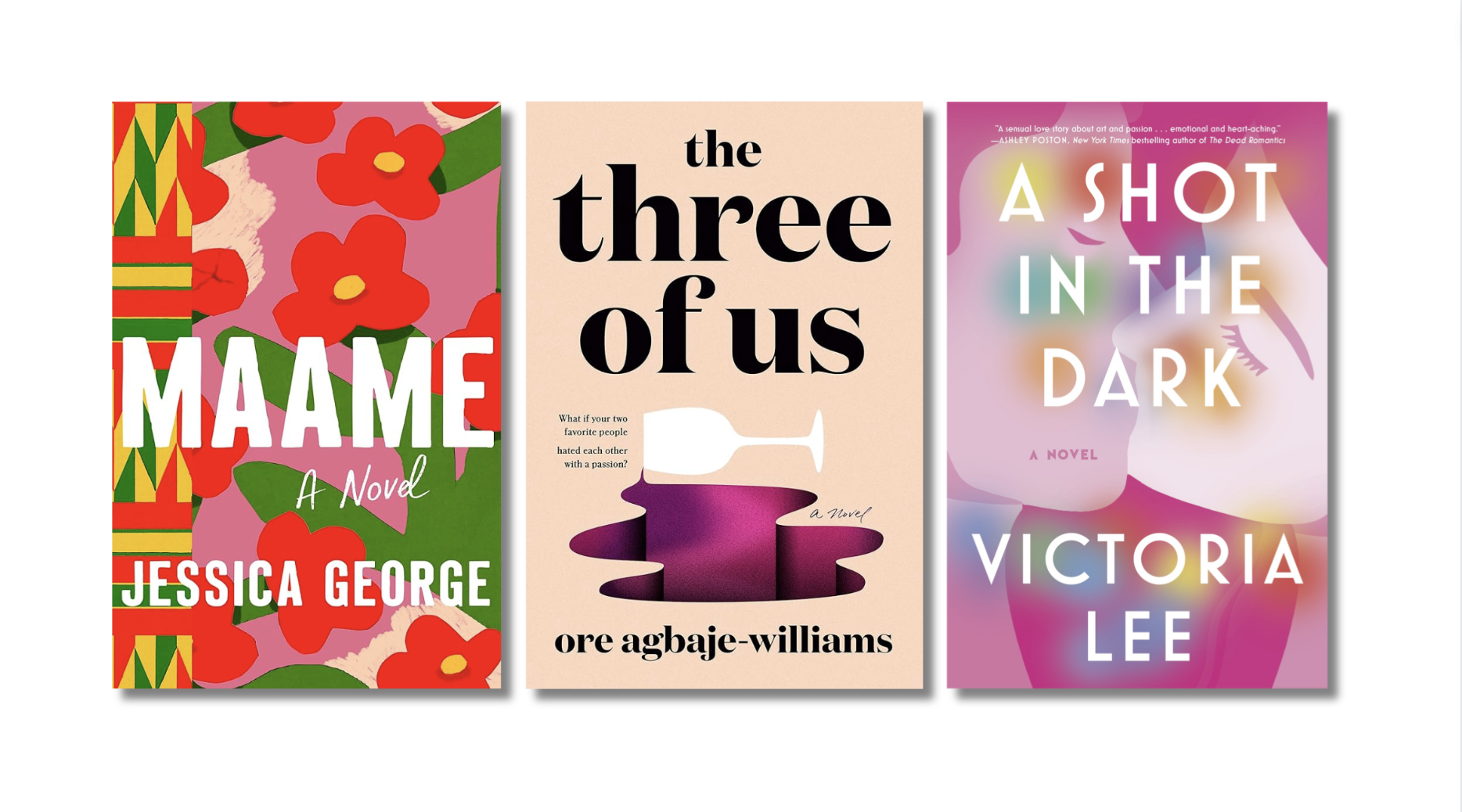Earlier this year, I sold my first book, which felt to me like the culmination of a decade of relentless work, faith, and sacrifice. During the leadup to your book sale, very smart publishing professionals say very complimentary things about your project and if your book goes to auction, these folks write those nice things down in letters that are yours to forever keep. What my cache of letters might fail to replicate was the moment in nearly all of these meetings when, after articulating their admiration for the prose or the humor or a particular character, an editor or publisher would blurt out Things happen in this book!
Presumably, things—quiet or otherwise—happen in every book, but as we video conferenced from our living rooms and home offices, I thought I understood what they meant.
This year, perhaps more than any other in my adult life, I’ve yearned for narratives that promise big things will happen in the lives of the characters they feature. My literary tastes generally include stories that depict life’s quiet epiphanies, but right now, I’m interested in characters with pronounced needs. I’m interested in reading about bodies in motion. This might be a side effect of enduring so much stillness and quiet time in my too-small apartment over almost two years of lockdowns and social distancing orders. Or perhaps it’s that we should all be aware by now that catastrophic events, both global and personal, can happen at any moment and I want literature to reflect that.
This is all to say that I kicked off my year of reading with Rumaan Alam’s Leave the World Behind, and I could not have chosen a better book to satiate my readerly desires. It’s about a family who leaves their home in New York City to vacation at a luxurious house in a remote corner of Long Island—just as the world as they know it is about to end. Early into the family’s stay, a couple shows up at night, claiming to be the owners of the rental property. A blackout back in the city leaves them no choice but to intrude on the family’s vacation, they say. The first of the book’s major questions enters: Can this couple be trusted? And, even if so, who has rightful access to the house, the renters or the owners? The novel forces readers to ask themselves questions that grow increasingly difficult. Strange occurrences continue as the cast of characters is cut off from the world when their phones and other communication devices begin to fail them. This novel is terrifying. It’s also incredibly insightful, as the omniscient point of view allows readers access to each of the characters’ most vulnerable, deeply hidden thoughts, and later clues readers in about their respective fates.
 Where Leave the World Behind asks what you would do to protect your children in the face of the unknown, Dariel Suarez’s The Playwright’s House asks what would you do to save your father from the wrath of a totalitarian government. Set in 1990s Havana, Cuba, two estranged brothers must decide how much of themselves they are willing to sacrifice for family. Or, possibly, which members of the family are worth sacrificing in order to protect other family members’ futures. Part family drama and part political thriller, this page-turner takes life’s big questions and sets them in motion.
Where Leave the World Behind asks what you would do to protect your children in the face of the unknown, Dariel Suarez’s The Playwright’s House asks what would you do to save your father from the wrath of a totalitarian government. Set in 1990s Havana, Cuba, two estranged brothers must decide how much of themselves they are willing to sacrifice for family. Or, possibly, which members of the family are worth sacrificing in order to protect other family members’ futures. Part family drama and part political thriller, this page-turner takes life’s big questions and sets them in motion.
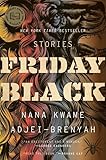 Next, I wanted to return to stories, so I read Nana Kwame Adjei-Brenyah’s Friday Black. I’d been sitting on this one for a while because when everyone tells me to read a book, I need a beat to get their voices out of my head, so I can come to the material without any expectations. And everyone told me to read this book. And they were right. Friday Black is a wonderful blend of unrestrained imagination and real-world engagement. It’s rare, I think, that you’ll find so many high concept stories within a single collection. Things happen!
Next, I wanted to return to stories, so I read Nana Kwame Adjei-Brenyah’s Friday Black. I’d been sitting on this one for a while because when everyone tells me to read a book, I need a beat to get their voices out of my head, so I can come to the material without any expectations. And everyone told me to read this book. And they were right. Friday Black is a wonderful blend of unrestrained imagination and real-world engagement. It’s rare, I think, that you’ll find so many high concept stories within a single collection. Things happen!
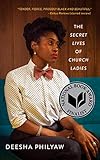 After that, I wanted to spend time reading some fellow Florida writers. I started with Deesha Philyaw’s The Secret Lives of Church Ladies. If you tell people that you’ve written a book of stories, they’ll usually want to know what, if anything, links them. By the end of my reading I thought, This is a writer who knows how to build a world. A character or two appear in a couple of the collection’s stories, and, yes, there’s the church, but even without these unifying elements there’d be zero doubt that these stories belong together, and that the book is bigger than the sum of its parts.
After that, I wanted to spend time reading some fellow Florida writers. I started with Deesha Philyaw’s The Secret Lives of Church Ladies. If you tell people that you’ve written a book of stories, they’ll usually want to know what, if anything, links them. By the end of my reading I thought, This is a writer who knows how to build a world. A character or two appear in a couple of the collection’s stories, and, yes, there’s the church, but even without these unifying elements there’d be zero doubt that these stories belong together, and that the book is bigger than the sum of its parts.
 Then I read Dantiel W. Moniz’s Milk Blood Heat. Moniz’s characters feel alive, and very much of our time, which I love. As someone who writes a great deal about race and identity, I felt she had fresh takes on how younger generations engage with race. I feel Moniz is pushing us forward somehow.
Then I read Dantiel W. Moniz’s Milk Blood Heat. Moniz’s characters feel alive, and very much of our time, which I love. As someone who writes a great deal about race and identity, I felt she had fresh takes on how younger generations engage with race. I feel Moniz is pushing us forward somehow.


 While all of this pleasure reading was taking place, I was still working my way through my PhD program, working through multiple rounds of pre- and post-sale book edits, and preparing to move from SoCal to the Bay Area to begin the Stegner Fellowship at Stanford. I took a single-author course as one of my final classes at USC and read Lost in the City, The Known World, and All Aunt Hagar’s Children by Edward P. Jones—the latter two for the first time. Talk about world-building!
While all of this pleasure reading was taking place, I was still working my way through my PhD program, working through multiple rounds of pre- and post-sale book edits, and preparing to move from SoCal to the Bay Area to begin the Stegner Fellowship at Stanford. I took a single-author course as one of my final classes at USC and read Lost in the City, The Known World, and All Aunt Hagar’s Children by Edward P. Jones—the latter two for the first time. Talk about world-building!
 I read Kiese Laymon’s How to Slowly Kill Yourself and Others in America, which struck me as one of the most honest essay collections I’ve read in a long time. I had the sense that he didn’t bother creating a persona through which he’d tell stories about his life. He just cut through the bullshit and told them. Whether there’s a persona or not, his voice seems to me a wonderful writerly gift. I particularly saw myself in his essay, “Hip-hop Stole My Southern Black Boy,” which is about, among other things, grappling with New York hip-hop’s dominance when you are an admirer from a region of the country that New York hip-hop culture doesn’t (or didn’t) necessarily respect. The Miami in me nodded along so hard.
I read Kiese Laymon’s How to Slowly Kill Yourself and Others in America, which struck me as one of the most honest essay collections I’ve read in a long time. I had the sense that he didn’t bother creating a persona through which he’d tell stories about his life. He just cut through the bullshit and told them. Whether there’s a persona or not, his voice seems to me a wonderful writerly gift. I particularly saw myself in his essay, “Hip-hop Stole My Southern Black Boy,” which is about, among other things, grappling with New York hip-hop’s dominance when you are an admirer from a region of the country that New York hip-hop culture doesn’t (or didn’t) necessarily respect. The Miami in me nodded along so hard.
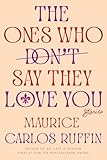 On the other side of my move to Oakland, I read Maurice Carlos Ruffins’s The One’s Who Don’t Say They Love You and loved it. It’s a collection that is structured in such a way that, in each sitting, I kept telling myself, Just one more story. There weren’t too many sittings before I finished the book. I especially connected with the story, “Ghetto University.” It features a middle-class Black man with multiple advanced degrees who, finding himself out of work and resorts to mugging people—but in a way that suggests they might deserve it.
On the other side of my move to Oakland, I read Maurice Carlos Ruffins’s The One’s Who Don’t Say They Love You and loved it. It’s a collection that is structured in such a way that, in each sitting, I kept telling myself, Just one more story. There weren’t too many sittings before I finished the book. I especially connected with the story, “Ghetto University.” It features a middle-class Black man with multiple advanced degrees who, finding himself out of work and resorts to mugging people—but in a way that suggests they might deserve it.
 Finally, a loved one requested that I read Will by Will Smith and Mark Manson, so that we could discuss it, and I finished it shortly before writing this. Things happen in this book, to say the least. I always root for Will Smith, though I don’t think I’d have read his biography had I not been compelled to do so. It didn’t escape me that Smith is one of the most famous people to have ever lived, but the book reminded me that he’s made history in multiple arenas and that, as a Black man, he’s broken down so many barriers in the world of entertainment. But much more than any of that, the book is good because it features damn good storytelling. It’s been marketed as having revealed a side of him that we haven’t ever been allowed access to and—whether you ever wanted to see this more authentic side of him or not (I didn’t)—it delivers on this promise. What I enjoyed most about the book is Smith’s near-constant ruminations on fatherhood, which alone made this well worth reading.
Finally, a loved one requested that I read Will by Will Smith and Mark Manson, so that we could discuss it, and I finished it shortly before writing this. Things happen in this book, to say the least. I always root for Will Smith, though I don’t think I’d have read his biography had I not been compelled to do so. It didn’t escape me that Smith is one of the most famous people to have ever lived, but the book reminded me that he’s made history in multiple arenas and that, as a Black man, he’s broken down so many barriers in the world of entertainment. But much more than any of that, the book is good because it features damn good storytelling. It’s been marketed as having revealed a side of him that we haven’t ever been allowed access to and—whether you ever wanted to see this more authentic side of him or not (I didn’t)—it delivers on this promise. What I enjoyed most about the book is Smith’s near-constant ruminations on fatherhood, which alone made this well worth reading.
More from A Year in Reading 2021 (opens in a new tab)
Don’t miss: A Year in Reading 2020, 2019, 2018, 2017, 2016, 2015, 2014, 2013, 2012, 2011, 2010, 2009, 2008, 2007, 2006, 2005





